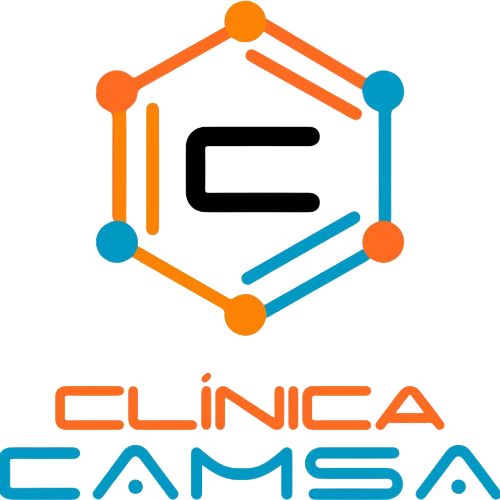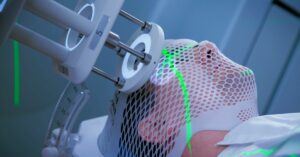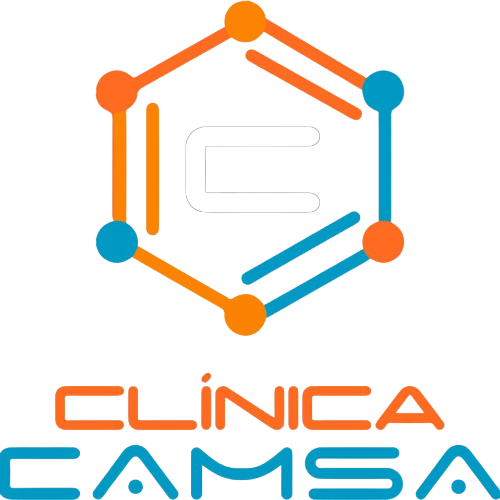Regenerative Medicine: Unlocking the Power of Healing
Regenerative medicine is a revolutionary field that holds immense promise for the future of healthcare. It involves harnessing the body’s own regenerative capabilities to repair, replace, or regenerate damaged tissues and organs. By stimulating the body’s natural healing processes, regenerative medicine aims to restore normal function and improve the quality of life for patients.
Stem Cell Therapy
One of the key approaches in regenerative medicine is stem cell therapy. Stem cells are undifferentiated cells that have the remarkable ability to develop into different types of cells in the body. They can be obtained from various sources, such as bone marrow, adipose tissue, or even embryonic tissue. These versatile cells can then be guided to differentiate into specific cell types, such as heart cells, liver cells, or nerve cells, depending on the desired therapeutic outcome. Another exciting area within regenerative medicine is tissue engineering. This involves creating functional tissues and organs in the laboratory using a combination of cells, biomaterials, and biochemical cues.
Exciting Stem Cell Therapy Research
Scientists are working on developing techniques to fabricate complex structures like blood vessels, heart valves, and even entire organs. These engineered tissues can then be transplanted into patients to replace damaged or diseased tissues. Regenerative medicine also encompasses the use of growth factors and biomaterials to enhance tissue regeneration. Growth factors are naturally occurring proteins that stimulate cell growth and differentiation. They can be used to promote tissue repair and regeneration in conditions such as chronic wounds or bone fractures. Biomaterials, on the other hand, provide a scaffold for cells to grow and organize into functional tissues. They can be used as implants or grafts to support tissue regeneration. The potential applications of regenerative medicine are vast and far-reaching. It has the potential to revolutionize the treatment of various diseases and conditions, including cardiovascular diseases, neurodegenerative disorders, diabetes, and musculoskeletal injuries.
Harnessing Your Body’s Healing Mechanisms
egenerative medicine offers a promising alternative to traditional treatments that often only provide temporary relief or symptom management. However, it’s important to note that regenerative medicine is still However, it’s important to note that regenerative medicine is still a rapidly evolving field, and there are challenges and ethical considerations that need to be addressed. The use of stem cells, for example, raises ethical questions regarding their source and potential misuse. Additionally, there are regulatory hurdles and safety concerns that need to be carefully navigated to ensure the efficacy and safety of regenerative therapies.
The Future of Regenerative Medicine
Despite these challenges, regenerative medicine holds tremendous potential for transforming healthcare as we know it. It offers hope for patients with chronic diseases or injuries that currently have limited treatment options. By harnessing the power of the body’s own healing mechanisms, regenerative medicine has the potential to not only improve patient outcomes but also reduce healthcare costs in the long run. In conclusion, regenerative medicine is a groundbreaking field that aims to unlock the body’s natural ability to heal and regenerate damaged tissues and organs. Stem cell therapy, tissue engineering, growth factors, and biomaterials are just some of the approaches being explored in this field. While there are challenges and ethical considerations to address, the potential benefits of regenerative medicine are immense. It has the power to revolutionize healthcare by providing new treatment options for a wide range of diseases and conditions. With further research and advancements, regenerative medicine holds the promise of a brighter future for patients worldwide.
Learn more about the treatment options we offer at Clinica Camsa here!







